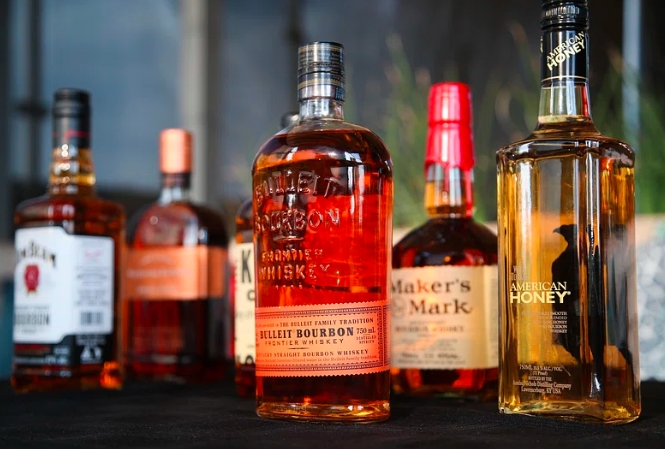The Scottish government has announced that it will raise the minimum unit price (MUP) of alcohol from 50p to 65p, effective from 30 September 2024. The move is aimed at reducing alcohol harm and saving lives, but has faced opposition from some retailers and industry groups.
Why is the minimum unit price changing?
The MUP policy was introduced in Scotland in May 2018, making it the first country in the world to set a floor price for alcoholic drinks based on their strength. The policy was designed to target cheap, high-strength products that are often consumed by harmful and dependent drinkers.
According to the Scottish government, the policy has led to a reduction in alcohol consumption and hospital admissions for alcohol-related liver conditions. A study by Public Health Scotland found that alcohol sales per adult in Scotland fell by 4% in the first year of MUP, compared to England and Wales where there was no change.
However, the Scottish government also said that the policy needs to be updated to account for inflation and the impact of the Covid-19 pandemic, which may have increased alcohol harm and reversed some of the health benefits of MUP. Deputy First Minister Shona Robison said: “I’m clear that alcohol continues to cause significant health harm to too many people in this country. We, as a government, are determined to do all we can to reduce alcohol harm.”

The new MUP of 65p will mean that the cheapest bottle of wine will cost at least £6.09, the cheapest four-pack of beer will cost at least £3.52, and the cheapest bottle of whisky will cost at least £18.20. The Scottish government estimates that the price increase will reduce alcohol consumption by a further 1.4%, prevent 60 deaths and 1,300 hospital admissions per year, and save £9.4m in healthcare costs annually.
How has the policy been received?
The announcement of the MUP increase has been welcomed by health and children’s charities, medical experts, and alcohol campaigners, who have argued that the policy is effective and needs to be adjusted to maintain its impact. Alison Douglas, chief executive of Alcohol Focus Scotland, said: “We’ve seen that minimum unit pricing can have a positive effect. We need to off-set both the effects of inflation and of the pandemic, and adjust the minimum unit price to a level that will save more lives and prevent a new generation from developing an unhealthy relationship with alcohol.”
However, the policy has also faced criticism from some groups representing the off-licence trade, the drinks industry, and the opposition parties, who have questioned the evidence, the fairness, and the timing of the MUP increase. Dr Sandesh Gulhane, health spokesman for the Scottish Conservatives, said: “Minimum unit pricing is not a miracle cure and simply punishes responsible drinkers. As a practising GP, I am well aware of the plight of alcoholism in Scotland. However, it is clear that MUP is not reducing alcohol-related deaths as the SNP are claiming.”
GMB Scotland, a trade union representing workers across the drinks industry, warned that the policy was already risking jobs and investment and called for the Scottish government to reconsider the hike. Mo Razzaq, national vice president of the Federation of Independent Retailers, said that raising the minimum price could put retailers at an increased risk of crime and would not tackle the issue of alcohol consumption. “Anyone with alcohol abuse issues will steal the product if they cannot afford it, as it is an addiction,” he said.
The plans to increase the MUP will be put to the Scottish parliament on 19 February and will require parliamentary approval. The current MUP regulations will expire at the end of April, unless they are renewed or amended.


















